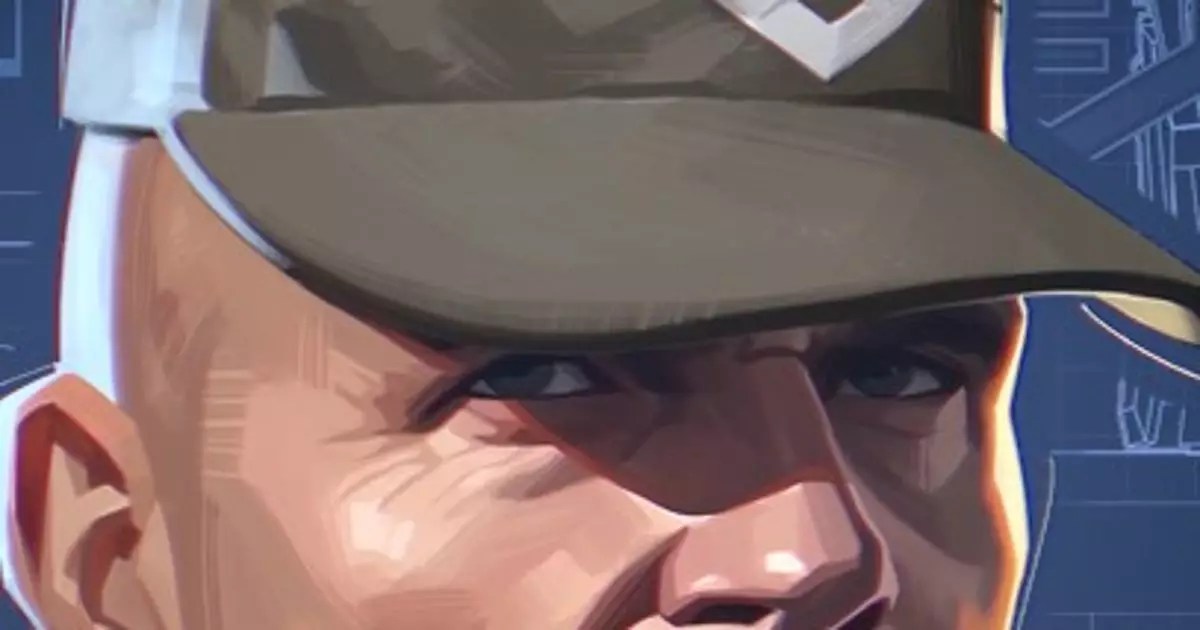Reflecting on the current landscape of video gaming, it’s intriguing to consider how the approach to game development and player engagement has transformed over the years. For someone who grew up immersed in the gritty, dark narrative of titles like *The Suffering 2*, the very idea of game seasons can feel both alien and tedious. Back in the day, the thrill was in the laborious efforts—replaying games multiple times, unearthing every hidden cutscene, and meticulously managing memory cards. The introduction of seasonal content seems too fleeting for a nostalgic gamer, who once committed hours, if not days, to extracting every fragment of an experience.
Fast forward to the current gaming culture dominated by live-service models, and it’s a whirlwind feast of updates, expansions, and new content designed to capture the interest of players who thirst for novelty. The excitement that once came from discovering every single Easter egg is now replaced with the rush of awaiting the next seasonal update. The frenetic pace can be overwhelming, reminiscent of a dazzling carnival where every stall offers new thrills but none that encourage lasting engagement.
Amid this chaotic environment, there exists a silver lining. The constant influx of new content does present the opportunity for players to explore fresh gameplay strategies and mechanics. Take *Mechabellum*, for example, a real-time strategy game that recently launched its Season 2. The latest patch not only introduces new units and specialists but also refreshes gameplay with cosmetic updates that, although initially dismissed, ignite a spark of joy when unlocked.
New units like the Raiden, with its formidable lightning capabilities, promise to shake up the meta, while reworks of familiar units inject life into established strategies. The addition of an Intensive Training Expert—a character marked by the wear of battle—deepens tactical options and offers new avenues for players to explore. This willingness to experiment with newly introduced aspects is a breath of fresh air, especially when considering the risk of stagnation in traditional gameplay formats.
Despite the emphasis on updates and temporary content, there remains an undeniable strategic depth in games like *Mechabellum*. Players are not merely subjected to the whims of seasonal changes; they must engage deeply with the mechanics and strategies that evolve alongside them. The game demands that players anticipate their opponents’ moves, gauge the strengths and weaknesses of newly released units, and carefully manage resources in a dynamic battlefield.
This complexity suggests that while the seasonal approach may come across as superficial at first glance, there lies an intricate system that draws players deeper into tactical considerations. As the game evolves, so too does the skill set required to excel within it. That same thrill of victory, ignited by cleverly outmaneuvering an opponent, remains intact, echoing the primal satisfaction that prompted countless replays of earlier titles.
At its core, *Mechabellum* encapsulates the primal joy of destruction and strategy, harking back to the deep-seated gratification of tactical gameplay from older titles. The chaos of battle, the satisfaction of watching opponents’ formations crumble under the weight of a well-executed plan—these are the timeless experiences that resonate across generations of gaming.
In essence, while the seasons may dictate the rhythm of gameplay, they do not diminish the foundational experiences that make gaming exhilarating. The evolution of content delivery might feel foreign to those who grew up in a different era, but the fundamental drive to strategize, conquer, and revel in victory remains a powerful common thread. As players, both young and old, embrace this new paradigm, it becomes evident that the heart of gaming—no matter the format—thrives on challenge and creativity.
While I may initially scoff at the rapid pace of seasonal gaming, I recognize a shared joy that connects players across eras. The quest for engagement may have transformed, but the thrill of the fight, the spark of strategy, and the ecstatic satisfaction of victory remain as potent as ever.


Leave a Reply